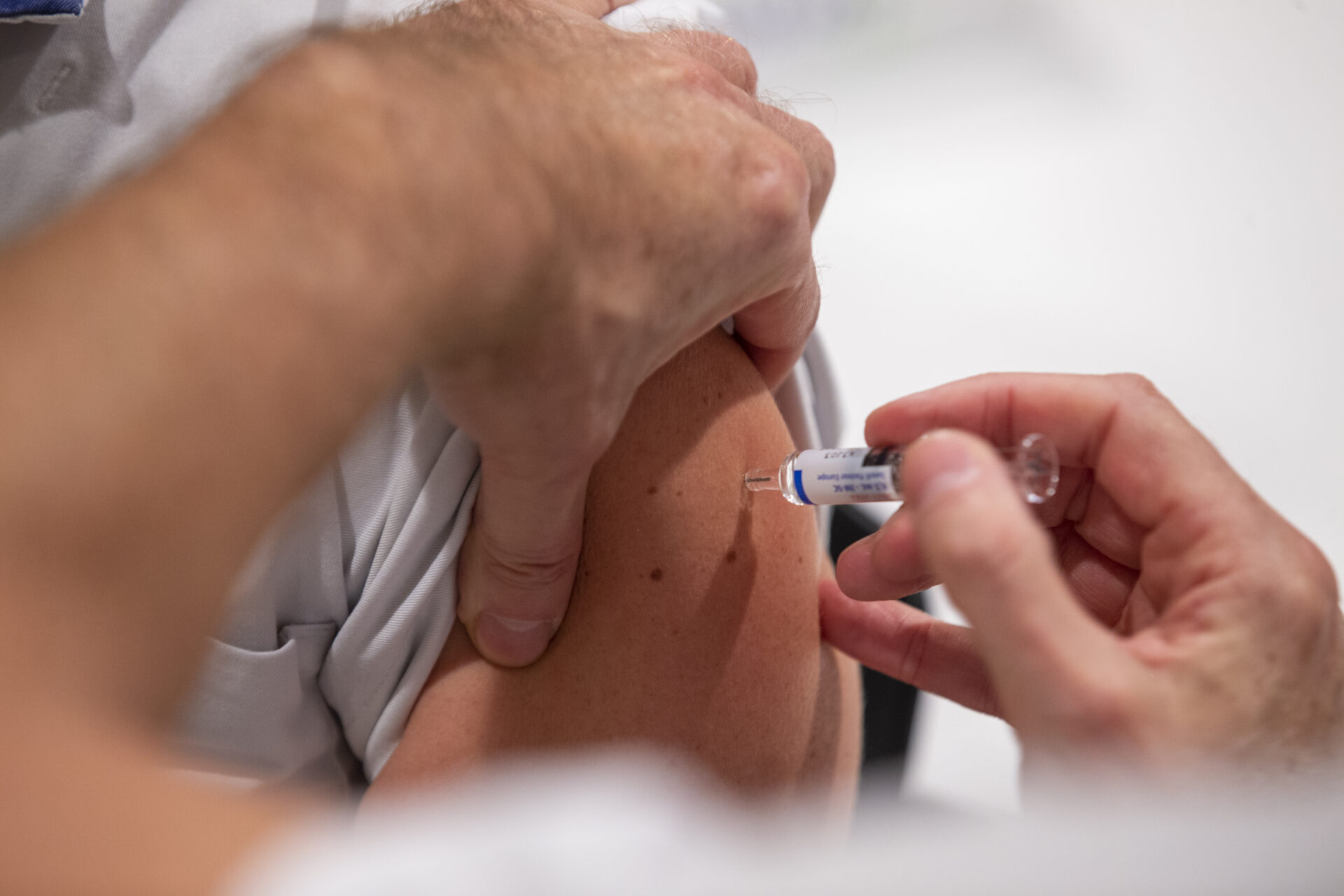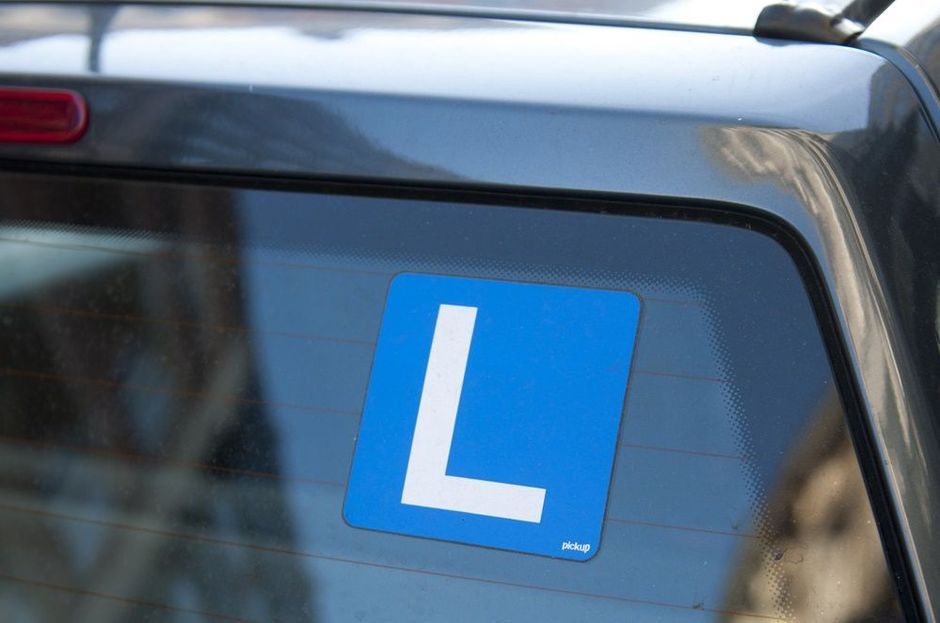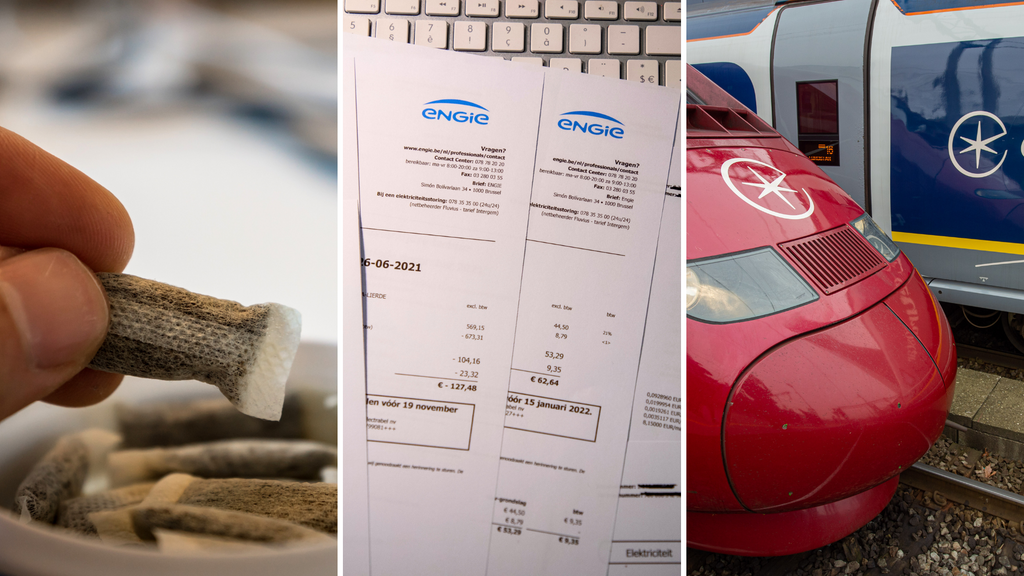Sunday once again marks the start of a new month, with just two more months to go before 2023 comes to a close. As is the case every month, a whole range of changes come into force in Belgium from 1 October.
From modifications to driving license tests, more transparent gas contracts, free healthcare for young vulnerable people and the Thalys reaching its terminus, find out below what changes this month.
Staying healthy
One of the more unusual rules coming into force in October is the ban on nicotine pouches. These products, which are popular in Scandinavian countries, will no longer be allowed to be sold in Belgium, by virtue of a Royal Decree issued last March. The measure is part of the country's anti-smoking plan.
The often-flavoured product, which can be placed under the upper lip to release nicotine, does not contain tobacco. However, it does contain up to 90mg of nicotine, almost nine times the level of a normal cigarette, and enough to cause dependence and have a harmful effect on the brain.
Several scientific studies have highlighted the dangers of these nicotine pouches, particularly for young people. While wholesale sales have been banned since 1 July, retail sales remained authorised until this month to allow retailers to sell off their stock. British American Tobacco (BAT), which produces nicotine pouches, has applied to the Council of State to have the ban annulled.

Credit: Nicolas Maeterlinck / Belga
Another measure to protect the health of the younger generation will come into force this month. Financially vulnerable people up to 24 years old will be able to consult a doctor or health specialist free of charge. People with a low income are already entitled to greater compensation for their healthcare – a scheme known as BIM (Beneficiary of the Increased Intervention) – but from 1 October, those under 25 who benefit from this will no longer have to pay to see a doctor at all.
Finally, one major measure that was expected to be introduced this month, which would allow pharmacists to vaccinate people against the flu, will not come into force after all. Find out why that is here.
Energy-related changes
Social tariffs will increase on 1 October by 9.6% for natural gas, while falling by an average of 2% for electricity. The social tariff is intended for certain categories of disadvantaged households, such as people on benefits or disability allowance.
For the entire fourth quarter, the social tariff for gas will rise to 4.902 centimes per kilowatt-hour, including VAT. For electricity, the social tariff (single rate) will be 21.568 centimes per kilowatt-hour, including VAT, the lowest level for two years.
More changes to natural gas will be coming into force this month. Belgium will have a single index for the reference price of natural gas from 1 October as Fluxys, the gas grid operator, has decided to merge the two existing gas trading services. This should make it easier for consumers to choose a natural gas contract.
A natural gas contract involves a complex pricing formula based on various parameters. One of these is the price index used by the supplier to calculate the bill. This index is variable and follows the prices on gas exchanges. The operator is going to merge these two services "to take account of the new dynamics in the wholesale market."
This will enable a simpler system to be introduced, in which all trading volumes in the Belgian and Luxembourg market areas are grouped together at a single point: the ZTP.
No more Thalys
Sunday marks the end of the Thalys brand, used for the famous red high-speed trains that first linked Brussels to Paris. From now on, these trains will all be included in the Eurostar brand.

The new Eurostar logo on a Thalys train. Credit: Belga
The merger of Eurostar, the blue and yellow TGVs linking the French and Belgian capitals to London, and Thalys was announced for 2019. Since May last year, the two operators have been grouped together within a single entity, the Eurostar Group, based in Brussels. Its new logo is gradually being applied to the group's various trains.
The next stage in the merger process will take place on Sunday, with the end of the Thalys brand. A new website and mobile application will be launched in mid-October, together with a new loyalty programme. Additional teams will be deployed in stations and within customer services to inform passengers.
Only in Flanders
While all the changes mentioned above apply to the entire Belgian territory, some are region-specific. In Flanders, three changes will come into force that will only apply to citizens living here.
Firstly, prospective drivers who are trying to get their B licence will also be required to take a GPS test. During the 'independent driving' section, candidates will have to show that they can follow both instruction signs and GPS instructions. They can choose whether to use their own vehicle's GPS or a free app on their smartphone. The examiner will provide such a system for those who do not have one.
The decision follows a study by a Flemish university which showed there is a very real chance that drivers will regularly drive to their destination with a GPS after obtaining their driving licence, highlighting the need for this to be tested.

Credit: Belga
Additionally, landlords of homes with a low energy performance rating (EPB) will once again be able to index their rents in Flanders. Indexation was frozen last year to protect tenants from high energy prices. As a result, about 200,000 households were spared a rent indexation last year, while for some 75,000 tenants, the index could only be charged for 50%.
However, Flemish Housing Minister Matthias Diependaele has argued the peak of the energy crisis is over, which means the original measure is no longer needed. To prevent landlords from making up for lost income and thus "double indexing" this year, indexing is calculated using a modified formula with a correction factor. Specifically, a tenant who in October 2021 was paying €800 a month in rent for a poorly insulated house will pay €832 from October, when it would otherwise have been over €925.
The Flemish Government is making it more attractive for companies to hire the long-term unemployed (people who have been out of work for more than two years). Specifically, they will receive a Social Security rebate of about €1,000 per quarter, with a maximum of €4,000 per employee. The target group reduction can be granted to all employers, with no restriction on the type of employment contract.
It also targets potential employees who have been inactive on the labour market for at least two years, such as long-term sick people.
Finally, anyone building or renovating must have a well of at least 5,000 litres put in from Monday 2 October, regardless of the roof area. A roof area larger than 80 m² now requires a 7,500-litre well. If the roof is larger than 120 m², the volume must be at least 10,000 litres.
The measure is part of Flemish Environment Minister Zuhal Demir's plans to better arm Flanders against drought and make sure people have enough water at home.

